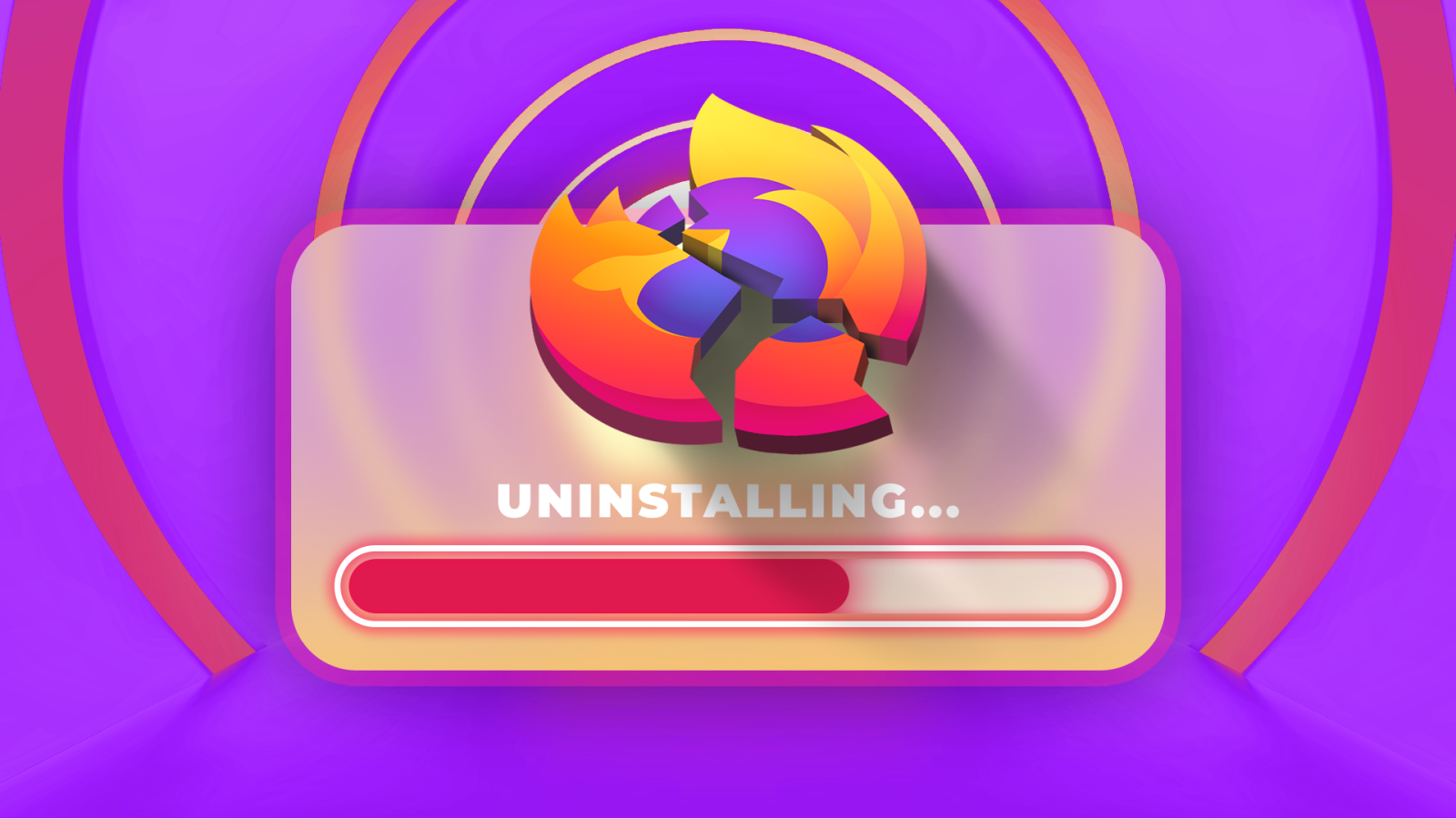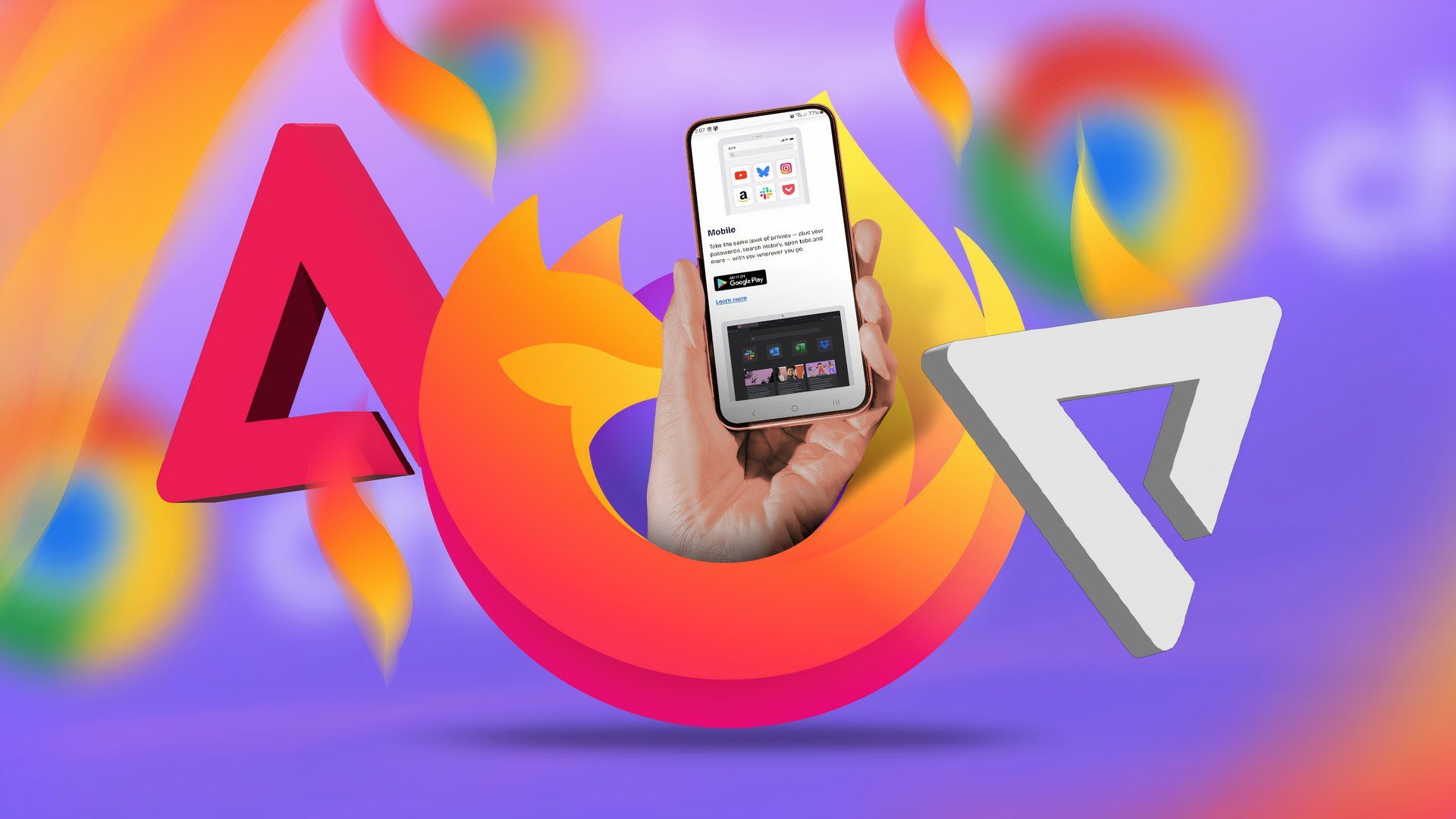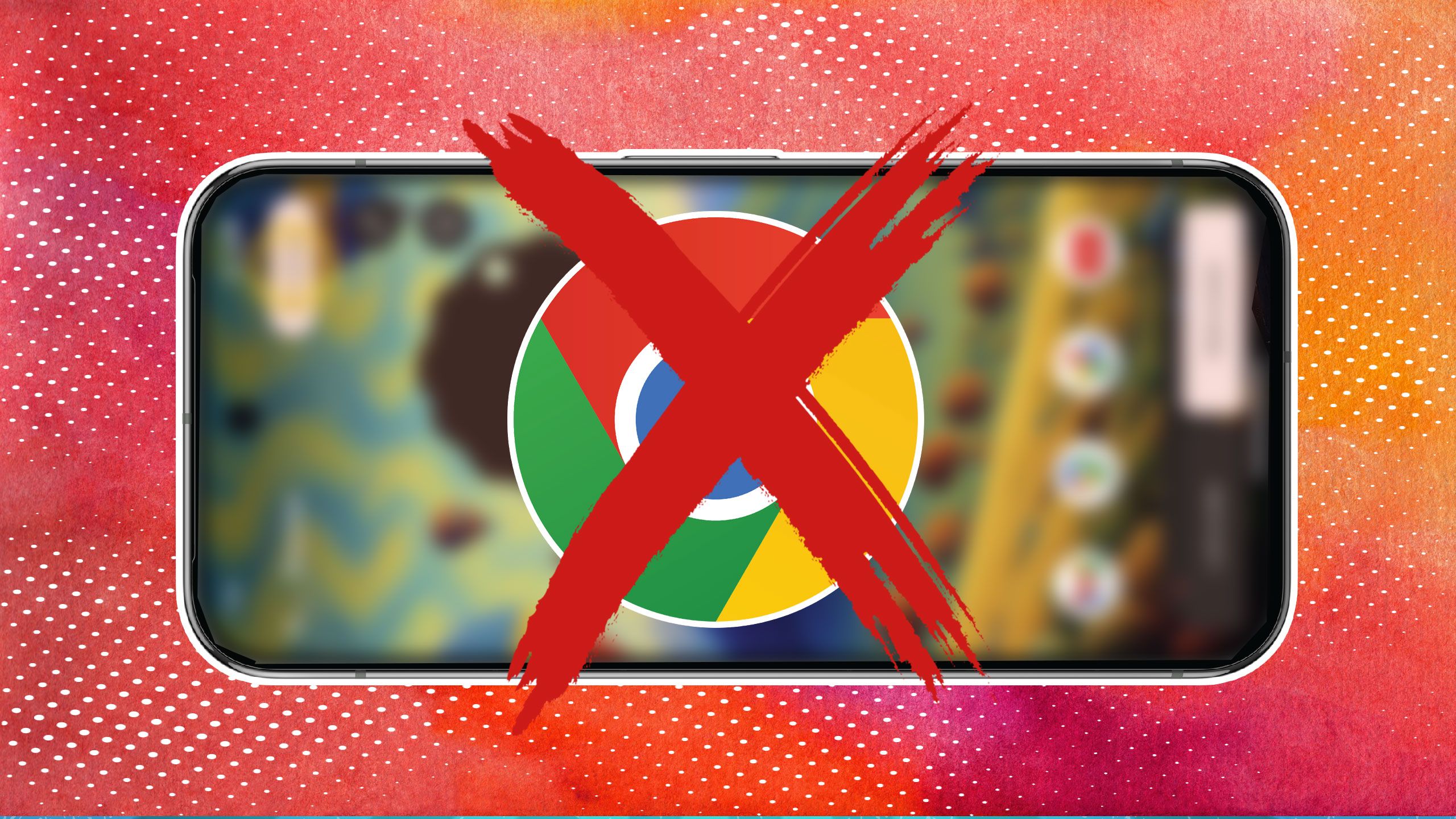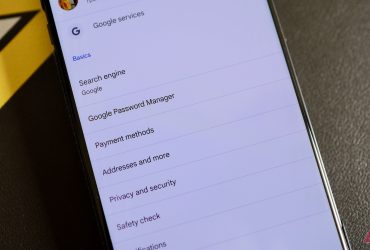
Contents
The past 12 months haven’t been good for Firefox. In July, Firefox’s owner, Mozilla, quietly snuck in tracking software it developed in collaboration with Meta to keep tabs on what ads you click. Then, earlier this year, it removed language from its website, stating that they don’t sell user data and never will. To put it bluntly, Mozilla has lost a lot of trust.
On the one hand, Mozilla needs money to exist, and given Google’s uncertain future, it may not be able to count on its multi-million-dollar annual stipend in the future. On the other hand, Firefox built its reputation on trust and a guarantee of privacy. If it rejects those principles, no amount of money will keep the open source giant afloat as its users abandon ship for a more trustworthy browsing partner for their Android tablets and phones. If you can’t rely on Firefox, who can you trust?

Related
The best Firefox forks
If you want an alternative to Firefox (and don’t want to sully yourself with Chrome and its ilk), your best friend is Firefox. Mozilla maintains Firefox as an open source project, which means anyone who wants to can copy it and customize it to work however they want. Lots of people have done just that.
Waterfox and LibreWolf
If you want to stay as true to the Firefox experience as possible without actually using Firefox, Waterfox and LibreWolf are good places to start. Both stay true to the essence of Firefox in UX and functionality. The biggest differences are under the hood. Both browsers take user privacy seriously and remove all telemetry from the code. LibreWolf takes things a step further by including the uBlock Origin extension pre-installed and deleting your cookies every time you close the browser.
If you give one of these privacy-focused browsers a chance, keep in mind that their strict privacy settings can prevent some sites from loading or running correctly. However, you can turn off privacy settings that are enabled by default and get by with their lack of telemetry. These aren’t bad browsers and are marginally faster than Firefox. If you don’t want to try something too different, Waterfox and LibreWolf are good choices.
Speedometer 3.1 | JetStream 2.2 | MotionMark 1.3.1 | |
|---|---|---|---|
Waterfox | 9.36 | 116.021 | 628.00 @ 60fps |
LibreWolf | 7.44 | 118.577 | 329.58 @ 60fps |
Firefox | 10.4 | 113.484 | 597.73 @ 60fps |

Related
Floorp and Zen
Whereas Waterfox and LibreWolf endeavor to remain true to the base Firefox experience (even riffing on the name), Floorp and Zen do something different, and I’m here for it. Both allow for more customization of the experience and more interesting ways to use the browser while limiting telemetry and having more privacy than Firefox.
The two most interesting additions that Firefox lacks are split view and workspaces. Split view lets you view two or more tabs at once in the same browser window. Although you can achieve this in Firefox, it involves some shenanigans, and it isn’t a first-class feature. Workspaces are like tab groups on steroids. With Firefox, I open two or more windows for different work projects. With workspaces, I can do it all within one window contained in different workspaces.
Floorp and Zen lean on the conceit of a sidebar, but both implement it slightly differently. Floorp puts its sidebar on the right by default and has buttons that bring up basic browser functions like history and downloads, but also lets you add your own. Web pages you add to your sidebar load in a new tab adjacent to your current tab. This is excellent for utility web pages like Google Translate (included by default) or Wiktionary.
Zen places its sidebar on the left by default and deviates from Floorp by abandoning a top bar to pursue a minimal UI. Everything is on the sidebar. This gives Zen a distinctive look, but I’m not fond of the tiny address bar. Although it expands if you click it, it isn’t wide enough to show links longer than 40 characters. Another disadvantage to Zen is that it doesn’t play nice with Tree Style Tab, one of my favorite extensions. Because Tree Style Tab creates its own vertical sidebar (it doesn’t integrate with existing sidebars), and there’s no way to collapse Zen’s sidebar, you’re stuck with two sidebars, which isn’t ideal.
Speedometer 3.1 | JetStream 2.2 | MotionMark 1.3.1 | |
|---|---|---|---|
Floorp | 10.0 | 113.811 | 613.76 @ 60fps |
Zen | 10.8 | 127.719 | 598.75 @ 60fps |
Firefox | 10.4 | 113.484 | 597.73 @ 60fps |
Other Firefox-forked browsers to choose from
I would be remiss if I didn’t mention Fennec. Fennec (a small African fox) was originally the codename for Firefox’s first mobile browser. Now that Firefox on Android is 15 years old, it’s the name of the most popular Firefox fork for your phones. Fennec is fine. Like the desktop forks, it has a stronger focus on privacy but stays true to the base experience of Firefox.
There are other browser options. Mercury is relatively popular and maintained by the same individual who maintains Thorium. The problem with Mercury is that one person keeps the project alive, so you may have to be patient for updates.
SeaMonkey is another option, but it feels outdated from a UI perspective. That’s because SeaMonkey was started 20 years ago to keep the dream of Netscape alive. Rather than being just a browser, SeaMonkey is a full suite of internet software, like a web browser, calendar, email client, IRC client, and more. It might be for you, but it’s not for me.

Related
Which browser is best for you?
There are many browser options, and figuring out which is right for you isn’t always easy. We haven’t mentioned Goanna (the browser engine that was forked from Firefox’s browser engine, Gecko), which powers browsers like Pale Moon and Basilisk (they’re okay, but not amazing). There’s also Samsung Internet for those who use a Samsung Galaxy phone. You must decide which features are important and spend a few days playing with different browsers. As for me? I’m going to stick with Floorp for a while because I like those workspaces a lot.
What’s your reaction?
Love0
Sad0
Happy0
Sleepy0
Angry0
Dead0
Wink0











Leave a Reply
View Comments